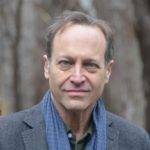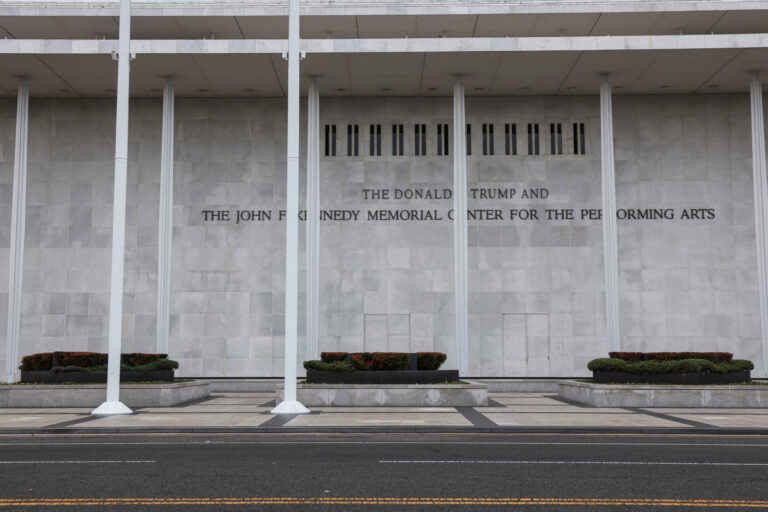What the world looks like when humans stay home
Transcript
Notice: Transcripts are machine and human generated and lightly edited for accuracy. They may contain errors.
Judy Woodruff: As much of the world continues to stay inside practicing social distancing, vibrant cities have gone quiet and given us a glimpse of what the world might be like without us in it.
Jeffrey Brown has the story.
It’s part of our ongoing series on arts and culture, Canvas.
Jeffrey Brown: Times Square in New York, on a typical April day, more than 375,000 pedestrians pass through. If you have been, you know it can feel they’re all there at once, but not now, when the usual bustle is all but gone.
In a normal year, more than 30 million people visit Paris, making it the biggest tourist destination in the world. Today, as the French say, il n’y a pas un chat, not a cat in sight.
Delphine Langeon (through translator): When you live in a touristy area, you should expect noise, crowds, foot traffic. And it’s a big city, so, obviously, there are a lot of people. It’s pleasant to see Paris like this, but we still feel that this is not normal.
Jeffrey Brown: Around the world, spaces that have long filled our imaginations are mostly empty, largely silent.
As the poet Gerard Manley Hopkins wrote, all things counter, original, spare, strange.
Even amid so much sickness and horror, a strange beauty.
Woman: Despite the horrible reasons that this is happening, I think that there’s a lot of gifts to be had, to have the entire world stop at the same time.
Jeffrey Brown: Sacred spaces. In St. Peter’s Square, Pope Francis was a solitary figure as he delivered a special blessing to the world.
The holy city of Mecca is normally filled with Muslim pilgrims. This year, Saudi authorities suspended the pilgrimage completely.
Places of romance. Rio de Janeiro’s famed beaches, usually jam-packed, now closed by the local government, patrolled by police.
And the otherworldly light and magic of Venice, its canals mostly devoid of activity, gondolas and ferries rocking gently.
One result? The water is now more clear. It’s true elsewhere as well. One silver lining to the upheaval, cleaner places, cleaner air.
Pollution levels dropped so much over Wuhan, China, during its months-long lockdown, the change was visible in satellite images. A similar story in Milan, Italy: a marked decline in air pollution in march compared to last year.
Los Angeles has seen its longest period of good air quality in 25 years. In fact, there may be something else in the air, a new song. Scientists are studying how the pandemic is impacting birds.
John Weaver Fitzpatrick: We literally have a worldwide experiment under way. There are actually a number of studies, both in the U.S. and in Europe, that show that birds do respond to human anthropogenic noise by reducing their own songs, in some cases, actually changing the frequency of their songs.
And so it’s a safe bet that, in the much-reduced noise sphere that they’re experiencing right now, they’re probably out there filling it up a little bit more than they would have otherwise.
Jeffrey Brown: And around the world, reports of other wildlife reclaiming now empty spaces. In Southern India, a herd of elephants took over a road usually filled with traffic.
In Thailand, a mob of monkeys brawled over food. With hardly any tourists to feed them, the monkeys are going hungry. And near Barcelona, Spain, wild boar descended from the hills and grazed in hedges that divide the boulevards.
Sights and sounds rarely, if ever, experienced, all things counter, as the poet said, original, spare, strange.
For the “PBS NewsHour,” I’m Jeffrey Brown.
Judy Woodruff: Wouldn’t it be wonderful if something good came out of this terrible time?
Support Canvas
Sustain our coverage of culture, arts and literature.

















